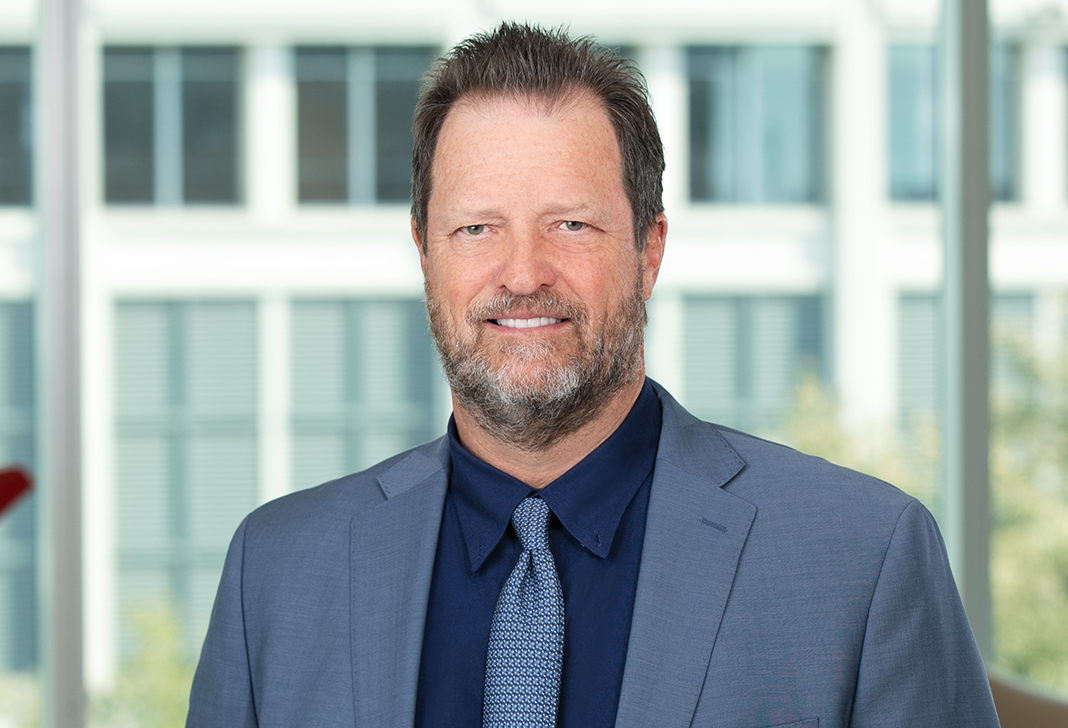
Proposed Bill Seeks to Keep "Patent Trolls" Out of the ITC
On March 22, 2016, Representatives Tony Cárdenas (D-CA) and Blake Farenthold (R-TX) reintroduced the "Trade Protection Not Troll Protection Act" (H.R. 4829) (the "Act"), a modified version of proposed legislation originally submitted in 2014. The Act is intended to make it difficult for non-practicing entities ("NPEs"), often referred to as trolls or patent assertion entities, to obtain relief from the United States International Trade Commission ("ITC") under 19 U.S.C. § 1337 ("Section 337"). The Act modifies Section 337 for the stated purpose of ensuring that the resources of the ITC "are focused on protecting genuine domestic industries." To meet this goal, the Act modifies the domestic industry requirement, codifies the Commission's 100-day pilot program, and permits termination of investigations based on the public interest alone.
The Domestic Industry Requirement
To establish a violation of Section 337, a complainant must demonstrate that there is a domestic industry in the United States for products protected by the patent. Under the current standard, this requirement may be satisfied in three ways: significant investment in plants and equipment, significant employment of labor or capital, or substantial investment in a product's exploitation including engineering, research and development, or licensing. 19 U.S.C. § 1337(a). The ITC also permits a complainant to rely on its licensees' investments relating to a product covered by the patent. NPEs generally rely either on their own licensing activity or the expenditures of their licensees (or both) in order to meet the domestic industry requirement.
The Proposed Legislation
The current domestic industry standard is modified in the Act by requiring that activities relating to licensing of the asserted intellectual property "lead to the adoption and development of articles that incorporate the patent, copyright, trademark, mask work, or design." The Commission has struggled with differentiating production-driven licensing (i.e., licensing of intellectual property before production) from revenue-driven licensing (i.e., licensing of intellectual property after production). It settled on a standard that affords more weight to production-driven licensing but did not preclude a complainant from meeting the domestic industry based upon revenue-driven licensing. Certain Computers and Computer Peripheral Devices, and Components Thereof, and Products Containing the Same, Inv. No. 337-TA-841, Comm'n Op. (Jan. 9, 2014). Under the Act, a complainant could no longer rely on revenue-driven licensing to meet the domestic industry requirement—only ex-ante production-driven licensing activities would count. If the Act is enacted, the phrase "lead to the adoption and development of articles" will likely be heavily contested at the Commission. The language itself could be seen as somewhat ambiguous and could be argued to cover the adoption and development of a new version of a product—which could significantly weaken the provision.
The Act also makes it significantly more difficult for a complainant to rely on the activities of its licensees to meet the domestic industry requirement. First, the Act requires that the license "lead to the adoption and development of articles" protected by the asserted intellectual property. This language is intended to preclude a complainant from relying on the activities of a revenue-based licensee, but it suffers from the same potential ambiguities noted above. Second, under the Act, an entity relied on to meet the domestic industry requirement (i.e., a licensee) must join the complaint. This provision would have a significant impact on NPEs meeting the domestic industry requirement as their licensees might not want to join in an ITC complaint (the Act precludes involuntarily joining such parties). However, requiring entities that are relied on for domestic industry to join the complaint could also have an impact on complainants that are not NPEs.
In addition to modifying the domestic industry requirement, the Act makes it easier to terminate an investigation early in the proceedings. The Act codifies the Commission's 100-day pilot program for early determination of case-dispositive issues. Specifically, it requires the Commission to address potential case-dispositive issues before institution, and to instruct the administrative law judge in the notice of institution with respect to such issues. If the case-dispositive issue relates to domestic industry, the ALJ would have 100 days from the date of institution to issue an initial determination. This provision provides respondents with an opportunity to get out of an investigation early if the complainant has a particularly weak domestic industry. Also, by requiring that the Commission address such issues before instituting the investigation, complainants will need to have their domestic industry ducks in a row before filing.
Finally, the Act permits the Commission to determine during the pendency of the investigation that the exclusion of the accused products would not be in the interest of the public. Under the current standard, public interest factors are not considered by the Commission until after the completion of the evidentiary hearing on the merits. Under the Act, the Commission could terminate the investigation based on the public interest at any time without making any other determinations.
Ramifications
If enacted, the proposed amendments to Section 337 could have a chilling effect on NPEs filing in the ITC. However, as is the case with Section 337 now, the language of the Act will be subject to Commission interpretation. The Act could also make it more difficult for entities that are not NPEs to meet the domestic industry requirement.
Lawyer Contacts
For further information, please contact your principal Firm representative or one of the lawyers listed below. General email messages may be sent using our "Contact Us" form, which can be found at www.jonesday.com/contactus/.
Blaney Harper
Washington
+1.202.879.7623
bharper@jonesday.com
David M. Maiorana
Cleveland
+1.216.586.7499
dmaiorana@jonesday.com
Ryan B. McCrum
Cleveland
+1.216.586.7291
rbmccrum@jonesday.com
Vishal V. Khatri
Washington
+1.202.879.3607
vkhatri@jonesday.com
Richard Fieman
Washington
+1.202.879.3856
rfieman@jonesday.com
Jones Day publications should not be construed as legal advice on any specific facts or circumstances. The contents are intended for general information purposes only and may not be quoted or referred to in any other publication or proceeding without the prior written consent of the Firm, to be given or withheld at our discretion. To request reprint permission for any of our publications, please use our "Contact Us" form, which can be found on our website at www.jonesday.com. The mailing of this publication is not intended to create, and receipt of it does not constitute, an attorney-client relationship. The views set forth herein are the personal views of the authors and do not necessarily reflect those of the Firm.





